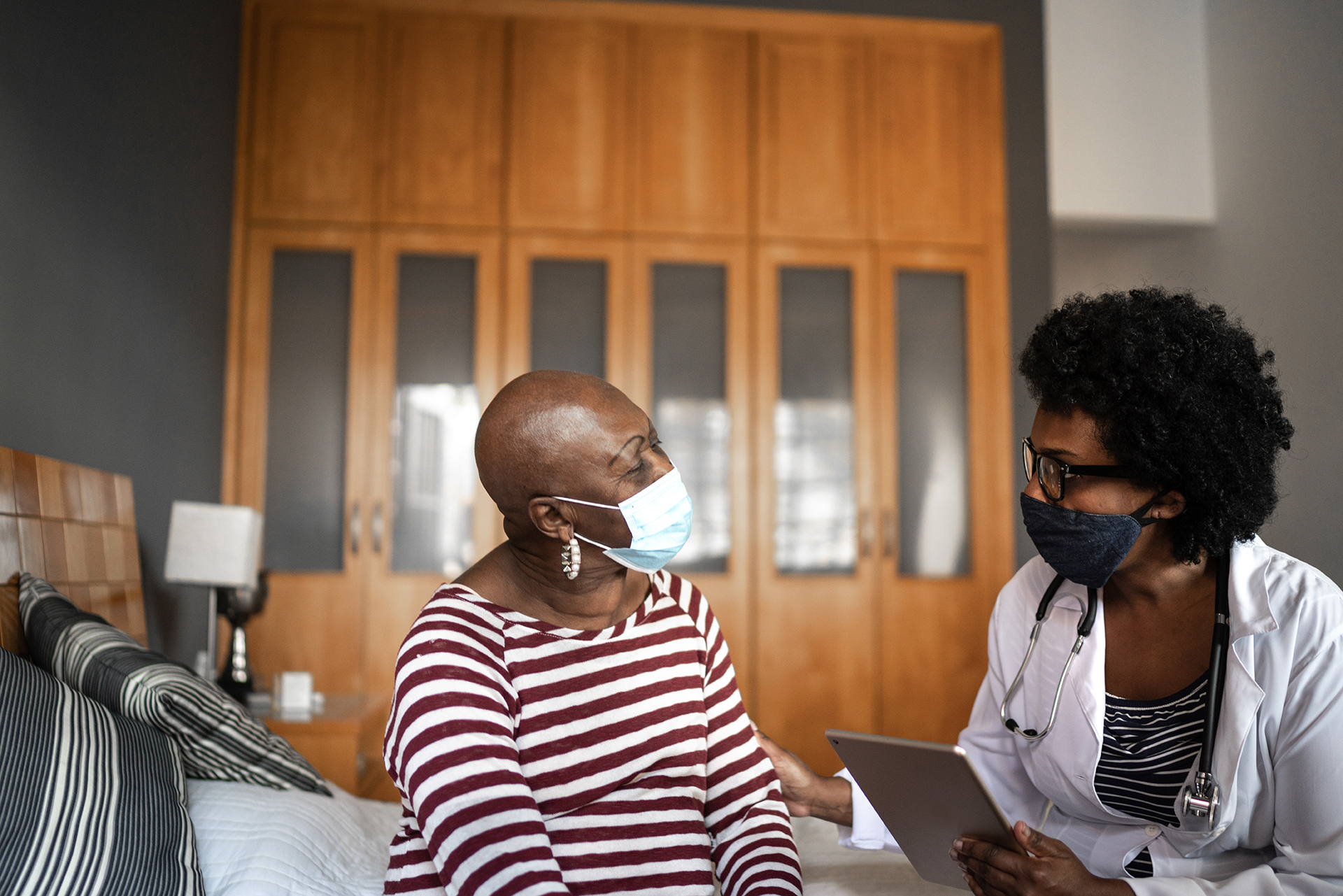Resources to Combat the Opioid Epidemic: Heal Safely
December 7, 2021 | Evidence in Integrative Healthcare

An Unprecedented Spike: Overdose deaths in the U.S. exceeded 100,000 for the first time in the yearlong period ending in April 2021. The figure is more than the death toll of car accidents and guns combined.1Rabin RC. Overdose Deaths Reached Record High as the Pandemic Spread. 2021; https://www.nytimes.com/2021/11/17/health/drug-overdoses-fentanyl-deaths.html. Accessed November 20,2021.
Heal Safely is an evidence-based resource for providers and patients to assist in reducing prescription opioid use. The project was initiated in Oregon to address the opioid epidemic, with the following mission:
“The goal…is to reduce upstream demand for opioids before people begin taking them or…to reduce/prevent future use.”
HEAL Safely posits that healthcare providers can reduce the risk of opioid dependence by:
- Listening to patients
- Preparing patients to speak with their primary care physicians
- Suggesting or offering alternatives to prescription opioids for acute pain including after injury or surgery
Heal Safely offers education and resources for both providers and patients that are evidence-based. The development process for Heal Safely included a multi-faceted research process to understand how people approach pain and the factors that motivate them in seeking treatment. The interviews/focus groups included communities across Oregon who have been disproportionately affected by the opioid crisis including Indigenous, Black, Latino/a, as well as those in rural areas.
Acupuncture is suggested as non-pharmacological treatment option, as is physical therapy, rest, and topicals such as ice/heat. To maximize the effectiveness of acupuncture as a pain management strategy, frequent treatments may be needed, possibly daily post-surgery. The most recent (2016) meta-analysis of acupuncture for post-op pain highlights that some trials administered acupuncture 2x/day; [N.B. acupuncture was found to be effective for pain and reduced opioid use].2Ilyas AM, et al. A Prospective, Randomized, Double-Blinded Trial Comparing Acetaminophen, Ibuprofen, and Oxycodone for Pain Management After Hand Surgery. Orthopedics. 2019;42(2):110-15. 2. Wu MS, et al. The Efficacy of Acupuncture in Post-Operative Pain Management: A Systematic Review and Meta-Analysis. PLoS One. 2016;11(3):e0150367
Heal Safely also offers an Opioid Prevention Toolkit resource that contains information and resources “to encourage people to choose safe, effective options to heal safely.” The toolkit includes information on:
- Insights into commonly held beliefs about opioids and pain and how these beliefs affect people’s decisions about their pain management options
- Effective, research-tested language and message frames
- Patient tools and education including the “My Pain, My Plan” strategy
- Provider education tools, talking points & additional resources
Integrative health providers have the opportunity to foster a collaborative and empathetic relationship with patients; in turn this can influence the long-term health of patients and their relationship with their primary care providers. Providers interested in assisting patients with alternatives to opioids for chronic pain, injuries or post-surgery are encouraged review this online resource and use it where applicable in their practice.